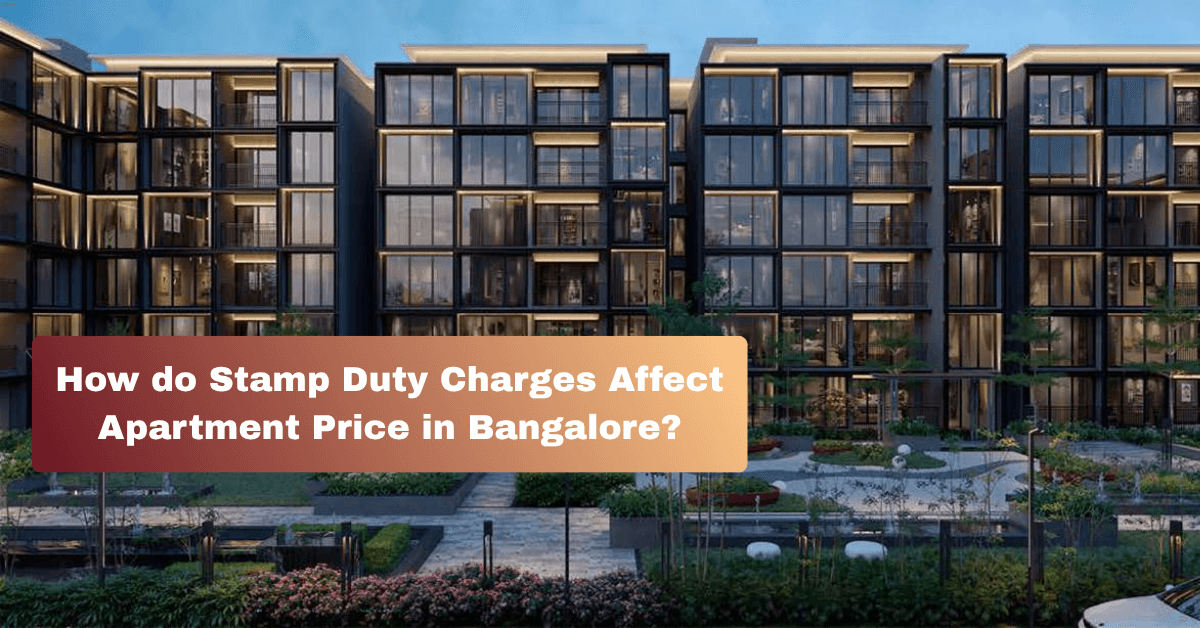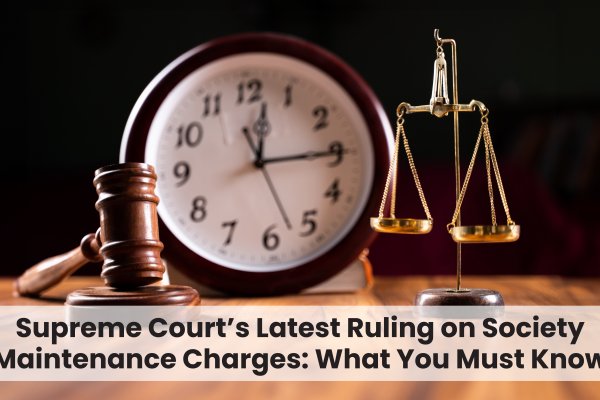Car parking remains one of the biggest concerns for flat buyers in urban India. Whether it’s open, covered, or stilt parking, knowing what you’re actually entitled to is important. Many buyers often sign agreements without fully understanding what the different parking types mean for them.
Supreme Court’s judgement on car parking in flats has brought long-overdue clarity to this grey area. It defines what constitutes a legal parking space and what cannot be sold as such, protecting buyers from unfair practices. Today, builders in Chennai are expected to follow clearly laid out regulations around parking allocation.
What the Supreme Court Judgement Says About Parking in Flats
In a defining case (Nahalchand Laloochand Pvt. Ltd. vs. Panchali Co-operative Housing Society), the Supreme Court ruled that developers cannot sell parking spaces separately from the flat. This means any open or stilt parking within a housing society is part of the common area and cannot be sold as an independent unit.
The Supreme Court parking verdict clarified that:
- Open parking areas fall under common amenities.
- Stilt parking, even if covered, is not an independent unit under the law.
- Builders must include these areas in the total project cost, not as separate sales.
This ruling protects homebuyers from being charged extra for parking spaces that are legally considered part of shared infrastructure.
How RERA Rules Support the Judgement
The RERA rules for parking allotment reinforce the Supreme Court’s stance. Under RERA (Real Estate Regulatory Authority), builders are required to declare all project details, including parking, as part of the registered layout. Importantly, RERA parking rules state:
- Open parking areas must be mentioned in the layout, but cannot be sold separately.
- Covered parking (like garages) may be sold, but only if clearly mentioned and approved in the sanctioned plan.
- Allotment must be transparent, and buyers must be informed in writing.
Builders in Chennai are legally obligated to provide parking arrangements that comply with regulatory norms.
Types of Parking and What They Mean for You
To make informed choices, homebuyers need to understand the types of parking typically offered in apartment complexes:
- Open Parking
Spaces not covered by a structure and part of the common areas. These cannot be sold and are usually allotted by the residents’ welfare association.
- Stilt Parking
These are located on the ground level of the building, but under the stilt area. As per the Supreme Court parking judgement, these, too, count as common areas.
- Garage (Enclosed Covered Parking)
If a builder offers a completely enclosed garage, it may be sold separately, but only if it complies with RERA parking rules and is clearly defined in your agreement.
Knowing the difference helps ensure you’re not overpaying or agreeing to something unlawful.
What This Means for Homebuyers in Chennai
With growing urban density and increased car ownership, car parking rules in residential areas have become a vital concern. Fortunately, the Chennai real estate market is increasingly regulated, and top builders in Chennai are adopting transparent practices that align with both the Supreme Court and RERA directives.
Still, homebuyers should stay vigilant:
- Always request parking details in writing, including the type, location, and whether it is covered under your sales agreement.
- Check the RERA registration of the project to ensure the parking layout matches what’s promised.
- Review your builder-buyer agreement for hidden clauses that might attempt to monetise common spaces.
When in doubt, request a sanctioned building plan and check if parking has been labelled as a “common area” or “garage.”
Can Builders Still Charge for Parking?
Builders can only charge for garage-type enclosed parking, not open or stilt parking. If you’re offered open or stilt parking for a price, it’s best to clarify whether this is an “allocation fee” or an illegal sale. Flat buyers now have clearer guidance on parking rights, and with the Supreme Court decision, homebuyers are now in a better position to question such practices.
This makes it all the more important to choose your developer wisely. Casagrand offers clarity on inclusions like parking, clubhouse access, and maintenance fees right at the start, helping you make confident decisions.
Red flags to watch for:
- Separate cost for stilt/open parking: Illegal under current rules.
- Vague or missing parking clauses: All arrangements must be documented.
- Promises without sanctioned plans: Always cross-check what’s approved by authorities.
When investing in a residential unit, especially in a bustling metro like Chennai, having your parking rights secured from the beginning adds peace of mind. Builders in Chennai are now more proactive in aligning with RERA rules for parking allotment, helping avoid future disputes.
Clarity Today, Convenience Tomorrow
Understanding the legal nuances around parking is no longer optional; it’s essential for modern homebuyers. With the Supreme Court judgement on car parking in flats offering clear guidance and RERA parking rules backing it up, you can now demand transparency without hesitation.
If you’re looking for a home where clarity, legality, and lifestyle meet, it’s worth exploring new developments from Casagrand. From the layout to parking, every detail matters when you’re investing in long-term comfort.
At Casagrand, we believe homebuying should come with complete clarity, so you get more than just a space; you get peace of mind.


















